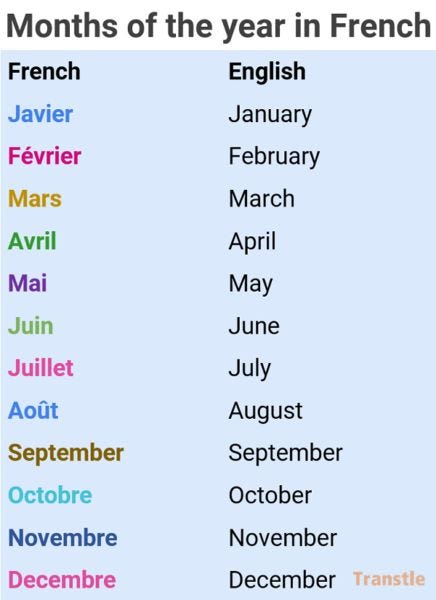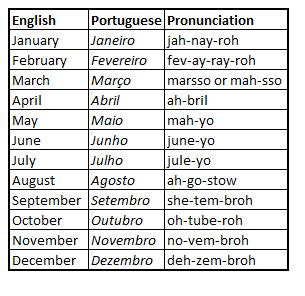
Later this month is Easter, so this month’s free post and cognate duo pertain to that holy day, and I’m adding a second duo about the name of the month.
Pascha — a lesser-known word meaning “Easter” or “Passover”
Pascua — the Spanish cognate of the same meaning/s
These words entered Latin from Greek which got its word from Hebrew’s pesach, which translates to “skipping” or “passing over.” These words go back to the story of the Israelites who marked their doors with the blood of lambs so that the angel of death would pass over their homes and spare their first-born children.
The word evolved and changed, as all words do, to become today’s “Pascha” or even “Pasch” in English and “Pascua” in Spanish. While we much more commonly use the word “Easter” (because it comes to us from Old English), the word “Pascua” is what is used in Spanish. Thus, it can be difficult for English speakers to learn and remember that word when studying Spanish because it bears no similarity to our word of “Easter.” However, if you know “Pascha” then you can easily learn “Pascua,” and if you can remember “Pascua,” then you can easily learn and add “Pascha” to your English vocabulary.
There’s that Cognate Cognizance in action!
The adjective form of the word is “paschal” — as in a “paschal lamb” or even a “paschal bunny?” In Spanish, that is “pascual.”
Oddly enough, in English the word “pascual” also exists; however, it means “relating to or growing in pastures” and its etymology is different from “paschal.” Strange indeed. I guess that “paschal lamb” might have been born in a “pascual setting.”
I hope you enjoy your Pascha holiday and that the Paschal Bunny brings you some eggs or lots of candy. Ha ha.

This fourth month of the Gregorian calendar is called “April” in English and “abril” in Spanish. The exact etymology of these words isn’t known, but linguists tend to believe that the words come to us from Latin’s aperire which means “to open” because April is the time when flowers, like tulips, “open.” In Spanish, that verb is “abrir,” and you can see the connection between that verb and the word for the month — they are quite similar.
In English, we capitalize the names of our months, but in Spanish they do not, except when the month’s name is used as part of a special and recognized date. Today is April 7th, but in Spanish you would say “hoy es el siete de abril” and not capitalize the month’s name.
All of the month’s are cognates, making them easy to recognize and recall when learning Spanish. The Spanish word for “January” is “enero” — this doesn’t seem to be a cognate, but it is because they come from the same place. However, it’s the most difficult of the months to learn because it’s not as similar to its English cognate as the other eleven month names are: febrero, marzo, abril, mayo, junio, julio, agosto, septiembre, octubre, noviembre, diciembre.
They are cognates in the other Romance languages, too.
Until next time. Please upgrade to “paid” status, so you don’t have to wait until May (mayo, maggio, etc.) to receive your next “Cognate Cognizance.” Paying subscribers have access to the audio recordings of me reading each post, too, and they can read each of the past 240 posts are their leisure.
Tammy Marshall















